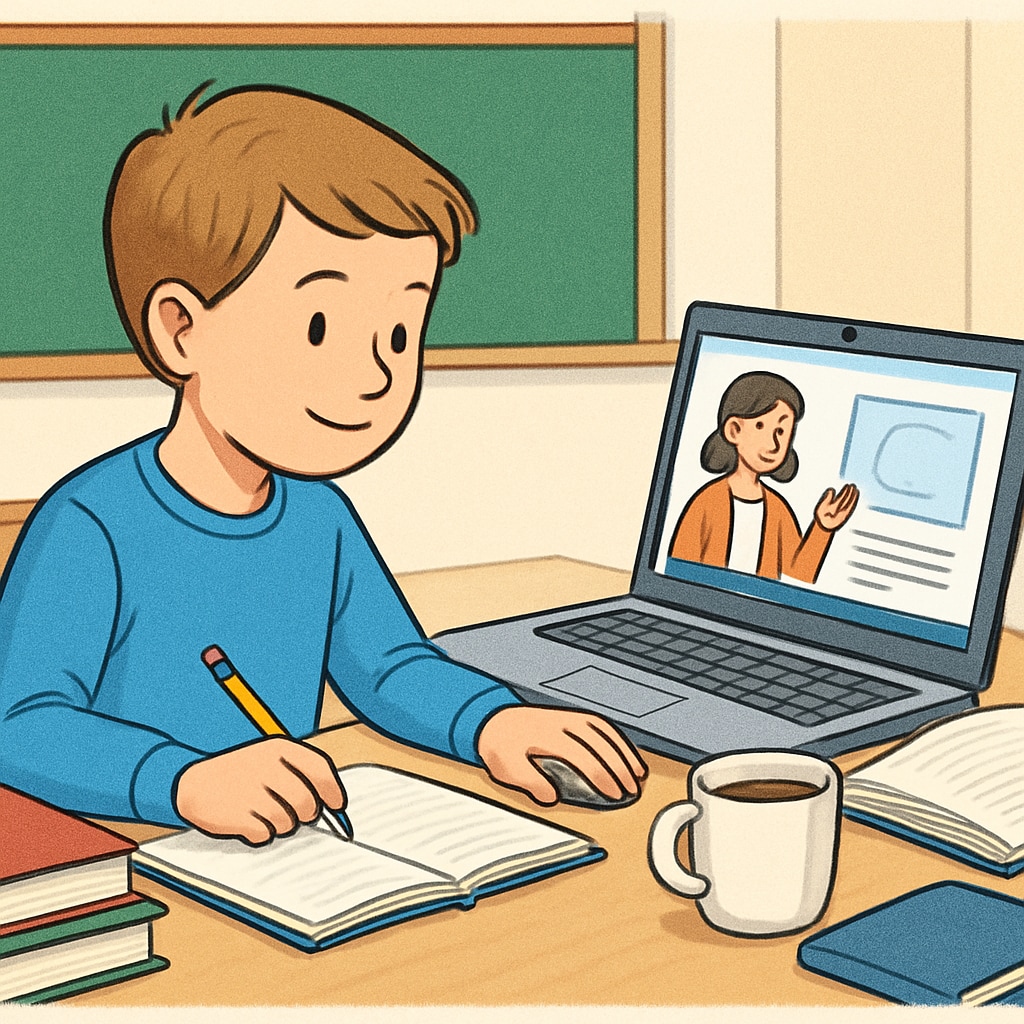In the UK, education interruptions can occur for various personal or family-related reasons, leaving many young people struggling to resume their academic journey. Fortunately, the UK education system offers multiple pathways for qualification improvement and second chances, ensuring that individuals can return to learning and achieve their goals. This article explores practical strategies, resources, and programs designed to help youth overcome these challenges and thrive academically.

Understanding the Challenges of Interrupted Learning
Interrupted education often stems from circumstances such as financial instability, caregiving responsibilities, or health issues. As a result, many young people face hurdles when attempting to re-enter formal education. Common challenges include a lack of confidence, outdated skills, and limited awareness of available resources.
In addition, the stigma surrounding interrupted education can deter individuals from seeking help. However, overcoming these challenges requires both personal determination and access to supportive educational programs tailored to diverse needs.
Key Pathways for Returning to Education
Fortunately, the UK offers a range of initiatives designed to help individuals resume their studies. Some of the most effective options include:
- Adult Education Courses: Local adult education centers provide flexible programs for those seeking to improve their qualifications, including GCSEs and vocational courses.
- Further Education Colleges: These institutions offer accessible pathways for skill development and qualification upgrades, often with funding support for eligible students.
- Online Learning Platforms: Virtual platforms like Open University and FutureLearn provide an excellent alternative for self-paced study, covering everything from basic skills to advanced qualifications.
- Apprenticeships: Combining practical work experience with academic learning, apprenticeships are a valuable option for individuals looking to enter the workforce while gaining qualifications.
- Charitable Organizations: Groups such as the Prince’s Trust offer targeted support for young people, including mentorship, funding, and personalized guidance.
These pathways provide flexibility and accessibility, making it easier for individuals to overcome barriers and regain confidence in their academic abilities.

Supportive Resources for UK Youth
In addition to formal educational programs, several organizations and tools can support youth in their journey back to education:
- Open University: A leader in accessible online education, offering a wide range of courses.
- The Prince’s Trust: Providing financial assistance, workshops, and mentorship programs to young individuals.
- Government Resources: Information on funding and course options through UK agencies.
These resources not only enhance access to education but also foster personal and professional growth, helping individuals to achieve sustainable success.
Overcoming Emotional and Psychological Barriers
Returning to education after an interruption is not solely about academic readiness; it often involves addressing emotional and psychological challenges. Some strategies include:
- Building a support network of family, friends, and mentors.
- Seeking professional counseling to address feelings of self-doubt or anxiety.
- Setting realistic, achievable goals to maintain motivation.
- Celebrating small milestones to build confidence gradually.
By focusing on mental well-being alongside academic preparation, young people can develop resilience and a positive outlook on their educational journey.
Conclusion: Embracing Second Chances
Interrupted education does not have to define an individual’s future. With the UK education system offering numerous opportunities for qualification improvement and second chances, young people can rediscover their potential and achieve their dreams. Whether through adult education courses, apprenticeships, or online learning platforms, the path to academic success is accessible to all. By addressing emotional barriers and leveraging supportive resources, individuals can confidently return to learning and build a brighter future.
Readability guidance: Use short paragraphs and lists to summarize key points. Ensure an even distribution of transition words, such as “however,” “therefore,” and “for example,” to maintain flow and clarity.


